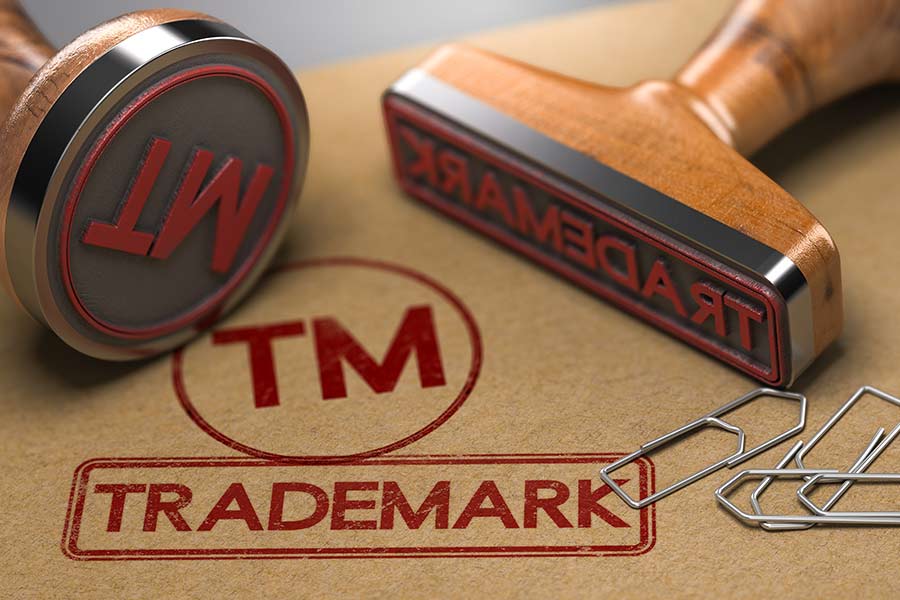HONG KONG
CLEAR GUIDE FOR LICENSING REGIME LAUNCHED
The Securities and Futures Commission of Hong Kong released quick reference guides to help family offices, private equity firms, hedge fund managers and overseas and mainland Chinese industry professionals understand its licensing regime. The guides contain frequently asked questions about licensing and provide specific information to encourage more family offices and private equity businesses to operate in Hong Kong. The regulator has also enhanced its efficiency and transparency of the gatekeeping function since moving to an all-digital environment in 2022, with processing time for corporate licence applications from private fund managers reduced to around 14 weeks from the previous 15 weeks after the application is submitted.
IN NUMBERS
86%Applications that have been processed by the Hong Kong International Arbitration Centre since the interim measure arrangement between the courts of Hong Kong and mainland China came into force on 1 October 2019
See full story HERE
INDONESIA
CARBON CAPTURE REGULATION STEP TO NET ZERO
The Ministry of Energy and Mineral Resources issued a regulation on the implementation of carbon capture and storage (CCS) and carbon capture, utilisation and storage (CCUS), which is among the first in the Asia-Pacific and could become the yardstick for successful deployment of similar policies as countries move towards net zero goals. Carbon capture could come from the oil and gas industry, as well as other industries. The regulation focuses on technical, business, legal and economic aspects, specifically encouraging oil and gas companies to install CCS facilities. The country has so far approved one CCUS project in West Papua, while state energy company Pertamina conducted carbon injection tests on CCUS at some of its oilfields in West Java late last year.
SOUTH KOREA
ENGLISH DISCLOSURES REQUIRED FOR LISTED COMPANIES
The Financial Services Commission (FSC) and Korea Exchange (KRX) will require large listed companies with assets worth KRW10 trillion (USD7.6 billion) or more to submit English disclosures on material information within three days of filing their regulatory disclosures in Korean at the KRX, starting in 2024. Disclosures that need to be submitted include matters related to closing financial statements, important decision-making and suspension of trading. This requirement is part of a previously announced plan to expand English disclosures in phases, which aims to boost foreign investors’ accessibility to South Korean capital markets.
PHILIPPINES
NEW RULES ALLOW NON-TRADITIONAL VISUAL MARKS
The Intellectual Property Office of the Philippines has launched the Revised Rules and Regulations on Trademarks, Service Marks, Trade Names and Marked or Stamped Containers to replace the revised trademark regulations of 2017. The new rules take the Philippines closer to other developed countries by allowing the registration of non-traditional visual trademarks, such as colour marks not defined by given form, position marks, motion marks and hologram marks. Additionally, the criteria for determining whether a mark is well-known have been removed. The 2023 trademark regulations will also require electronic communication and online filing, advanced payment of fees, and apostilled supporting documents.
WE NEED TO UNDERSTAND WHAT CHATGPT, AI, THE METAVERSE AND BLOCKCHAIN ARE ALL ABOUT, THEN WE WILL BE ABLE TO CAPACITATE OUR PERSONNEL, ESPECIALLY OUR EXAMINERS, ON HOW TO DEAL WITH SUCH APPLICATIONS IN THE FUTURE.
Rowel Barba
Chair of APEC’s Intellectual Property Rights Experts Group
and director-general of the
Intellectual Property Office of the Philippines
See more here
JAPAN
CRITICAL MINERALS TRADE DEAL WITH US
Japan and the US signed an agreement on strengthening the critical minerals supply chain, which includes those used to power electric vehicles (EVs). The agreement is anticipated to benefit Japanese automakers with tax incentives under guidance relating to component material and assembly location requirements. The agreement also prohibits both countries from enacting bilateral export restrictions on minerals most critical for EV batteries, and encourages information sharing on investments in the critical minerals sector, and potential supply chain disruptions. The US and Japan also agreed to continue their collaborations in terms of international standards, environmental laws, transparency in supply chains and responsible sourcing.
TAIWAN
REGULATOR ORCHESTRATING GREEN FINTECH INITIATIVES
The Financial Supervisory Commission is planning to launch a green fintech thematic campaign this year to boost its fintech ecosystem.
The scope of green fintech will include: green digital payment and account solutions; green digital investment solutions; digital environmental, social and governance data collection and analytics solutions; green insurtech solutions; green lending solutions; green digital asset solutions; and green regtech solutions, covering every aspect of the financial industry’s march towards sustainability. The Taiwan regulator will also launch a series of activities, including domestic and international conferences, business matching and proof-of-concept activities, and other events to announce significant achievements.
THAILAND
LAND AND BUILDING TAX CUT BY 15%
Thailand has issued the Royal Decree on Land and Building Tax Reduction, 2023, to cut the land and building tax this year, which was announced on 19 March and took effect the next day.
The decree means a 15% reduction in land and building tax payments for land or buildings used for agricultural, residential and other purposes, as well as vacant or unused land or buildings.
Additionally, owners of certain types of land or buildings that were eligible for a tax reduction of 50% or 90% under the Royal Decree on Land and Building Tax Reduction, 2020, will enjoy an extra 15% reduction of the tax amount reduced by 50% or continuation of the 90% tax reduction, depending on circumstances.
 MYANMAR
MYANMAR
TRADEMARK LAW TAKES EFFECT WITH REGISTRATION OPENING
Myanmar’s State Administration Council announced a new Trademark Law that effectively came into force on 1 April, with the grand opening of trademark registration on 26 April. During the opening, applications for old and new trademarks will be accepted for registration and marks intended for use, without actual use in the country, will be accepted as a new mark. A new mark not in use at the time of registration will have to be used for the specified product or service within three years from the registration date. A mark owner who has not appointed a trademark registration representative can apply in person at the Department of Intellectual Property within the Ministry of Commerce.




























